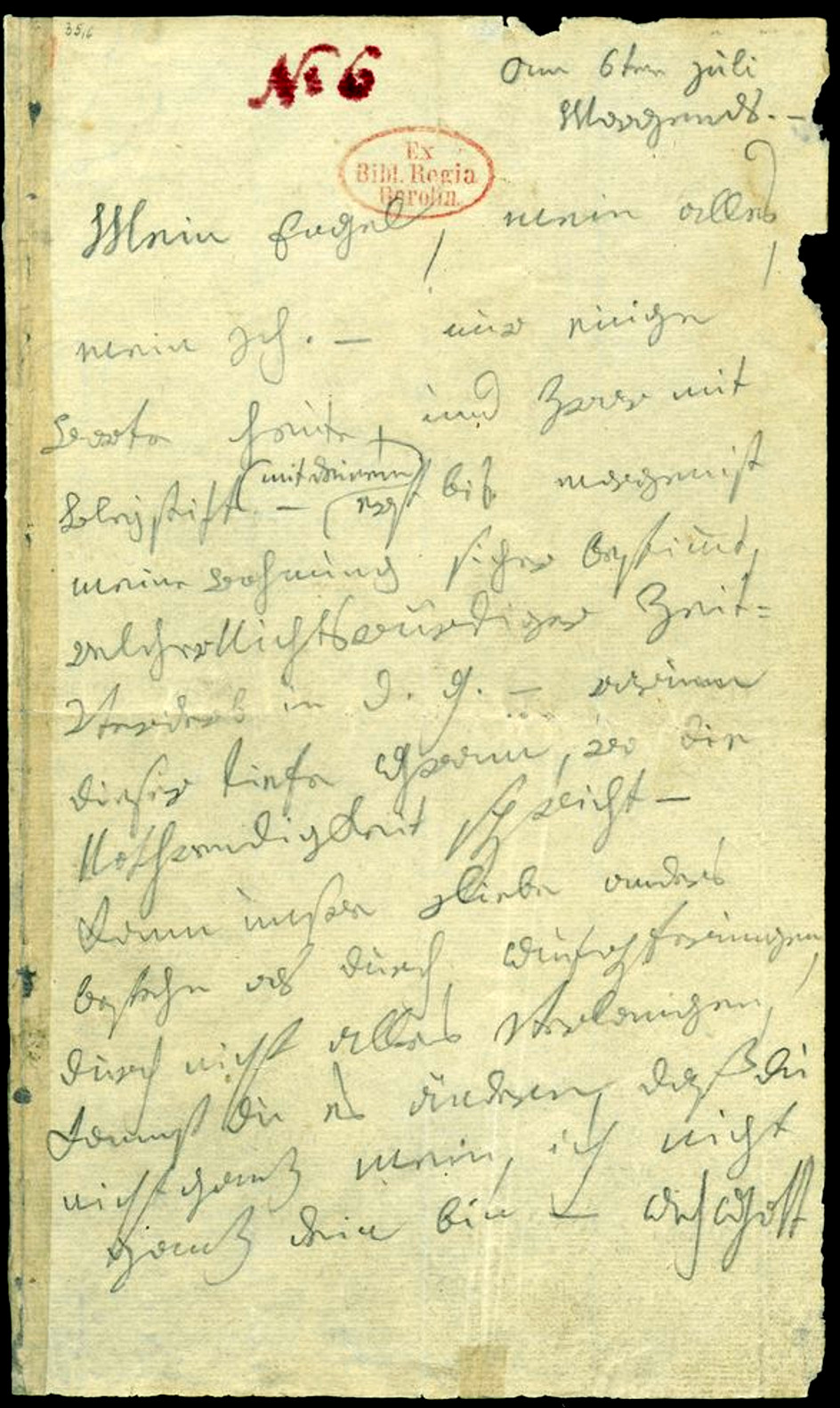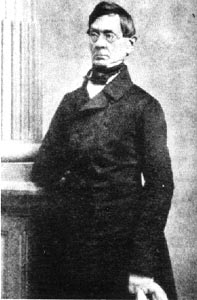|
Giulietta Guicciardi
Julie "Giulietta" Guicciardi (, ; 23 November 178422 March 1856) was an Austrian countess and briefly a piano student of Ludwig van Beethoven. He dedicated to her his Piano Sonata No. 14 (Beethoven), Piano Sonata No. 14, later known as the ''Moonlight Sonata''. Life Julie Guicciardi, as she was named by her family, was born in Przemyśl, Austrian Poland. Her parents were Count Franz Joseph Guicciardi and Countess Susanna von Brunswik. She arrived in Vienna with her parents from Trieste in June 1800, and her beauty caused her to be noticed by high society. She was soon engaged to Wenzel Robert von Gallenberg, Count von Gallenberg (1780–1839), an amateur composer, whom she married on 14 November 1803. Subsequently, they moved to Naples. She returned to Vienna in 1822. In later years, Count Hermann von Pückler-Muskau was among her admirers. She died in Vienna in 1856. Connection with Beethoven Beethoven became acquainted with Guicciardi through the Brunsvik family (often know ... [...More Info...] [...Related Items...] OR: [Wikipedia] [Google] [Baidu] |
Countess Giulietta Guicciardi
Count (feminine: countess) is a historical title of nobility in certain European countries, varying in relative status, generally of middling rank in the hierarchy of nobility.L. G. Pine, Pine, L. G. ''Titles: How the King Became His Majesty''. New York: Barnes & Noble, 1992. p. 73. . The etymologically related English term "county" denoted the territories associated with the countship. Definition The word ''count'' came into English from the French language, French ''comte'', itself from Latin ''comes''—in its Accusative case, accusative ''comitem''—meaning “companion”, and later “companion of the emperor, delegate of the emperor”. The adjective form of the word is "Wikt:comital, comital". The Great Britain, British and Ireland, Irish equivalent is an earl (whose wife is a "countess", for lack of an English language, English term). In the late Roman Empire, the Latin title ''comes'' denoted the high rank of various courtiers and provincial officials, either milit ... [...More Info...] [...Related Items...] OR: [Wikipedia] [Google] [Baidu] |
Franz Gerhard Wegeler
Franz Gerhard Wegeler (22 August 1765 – 7 May 1848) was a German physician from Bonn, who, in his youth, was a close friend of composer Ludwig van Beethoven. He was the father of historian Julius Stephan Wegeler (1807-1883). Wegeler studied medicine at the Universities of Bonn and Vienna. After completing his studies in Austria, he returned to Bonn, where he became a tenured professor of legal medicine and obstetrics (1789). @ In 1794, he fled Bonn during the |
1856 Deaths
Events January–March * January 8 – Borax deposits are discovered in large quantities by John Veatch in California. * January 23 – American paddle steamer SS ''Pacific'' leaves Liverpool (England) for a transatlantic voyage on which she will be lost with all 186 on board. * January 24 – U.S. President Franklin Pierce declares the new Free-State Topeka government in "Bleeding Kansas" to be in rebellion. * January 26 – First Battle of Seattle: Marines from the suppress an indigenous uprising, in response to Governor Stevens' declaration of a "war of extermination" on Native communities. * January 29 ** The 223-mile North Carolina Railroad is completed from Goldsboro through Raleigh and Salisbury to Charlotte. ** Queen Victoria institutes the Victoria Cross as a British military decoration. * February ** The Tintic War breaks out in Utah. ** The National Dress Reform Association is founded in the United States to promote "rational" dress for w ... [...More Info...] [...Related Items...] OR: [Wikipedia] [Google] [Baidu] |
1784 Births
Events January–March * January 6 – Treaty of Constantinople: The Ottoman Empire agrees to Russia's annexation of the Crimea. * January 14 – The Congress of the United States ratifies the Treaty of Paris with Great Britain to end the American Revolution, with the signature of President of Congress Thomas Mifflin.''Harper's Encyclopaedia of United States History from 458 A. D. to 1909'', ed. by Benson John Lossing and, Woodrow Wilson (Harper & Brothers, 1910) p167 * January 15 – Henry Cavendish's paper to the Royal Society of London, ''Experiments on Air'', reveals the composition of water. * February 24 – The Captivity of Mangalorean Catholics at Seringapatam begins. * February 28 – John Wesley ordains ministers for the Methodist Church in the United States. * March 1 – The Confederation Congress accepts Virginia's cession of all rights to the Northwest Territory and to Kentucky. * March 22 – The Emerald Buddha is install ... [...More Info...] [...Related Items...] OR: [Wikipedia] [Google] [Baidu] |
Valeria Golino
Valeria Golino (born 22 October 1965) is an Italian actress and film director. She is best known to English-language audiences for her roles in ''Rain Man'', ''Big Top Pee-wee'' and the two ''Hot Shots!'' films, particularly the olive-in-the-belly-button scene. In addition to David di Donatello, Silver Ribbon, Golden Ciak and Italian Golden Globe awards, she is one of four actresses to have twice won the Best Actress award at the Venice Film Festival. Early life Golino was born in Naples, Italy, the daughter of an Italian father who was a Germanist scholar, and a Greek mother, Lalla, who was a painter. One of her grandmothers was Egyptian-French. She grew up in an "artistic household", and after her parents split up, was raised alternating between Athens and Sorrento (near Naples). Golino is the niece of the journalist Enzo Golino at ''L'Espresso'', and her brother is a musician. When she was a girl, her mother frequently took her to the cinema, and she quickly became interested ... [...More Info...] [...Related Items...] OR: [Wikipedia] [Google] [Baidu] |
Immortal Beloved (1994 Film)
''Immortal Beloved'' is a 1994 biographical film written and directed by Bernard Rose and starring Gary Oldman, Jeroen Krabbé, Isabella Rossellini and Johanna ter Steege. The film narrates the life of composer Ludwig van Beethoven (played by Oldman) in flashbacks while it follows Beethoven's secretary and first biographer Anton Schindler's (Krabbé) quest to ascertain the true identity of the ''Unsterbliche Geliebte'' (Immortal Beloved) addressed in three letters found in the late composer's private papers. Schindler journeys throughout the Austrian Empire interviewing women who might be potential candidates, as well as through Beethoven's own tumultuous life. Plot When Ludwig van Beethoven dies, his assistant and close friend Schindler deals with his last will and testament. It reads that his estate, music and affairs will be left to his "immortal beloved," but there remains a question as to who is Beethoven's "immortal beloved," an unnamed woman mentioned in one of his let ... [...More Info...] [...Related Items...] OR: [Wikipedia] [Google] [Baidu] |
Immortal Beloved
The Immortal Beloved (German "Unsterbliche Geliebte") is the addressee of a love letter which composer Ludwig van Beethoven wrote on 6–7 July 1812 in Teplitz. The unsent letter is written in pencil on 10 small pages. It was found in the composer's estate following his death and is now in the Berlin State Library. Beethoven did not specify a year or a location. In the 1950s an analysis of the paper's watermark yielded the year, and by extension the place of the letter. Scholars disagree about the intended recipient of the letter. Two people favoured by most contemporary scholars are Antonie Brentano and Josephine Brunsvik. (Other possibilities include Johanna van Beethoven, Julie ("Giulietta") Guicciardi, Therese Brunsvik, Amalie Sebald, Dorothea von Ertmann, Therese Malfatti, Anna Maria Erdődy, and Bettina von Arnim.) Text analysis After Schmidt-Görg (1957) published 13 then-unknown love letters by Beethoven to Josephine Brunsvik, it became clear that the one to the "Im ... [...More Info...] [...Related Items...] OR: [Wikipedia] [Google] [Baidu] |
Anton Schindler
Anton Felix Schindler (13 June 1795 in Medlov – 16 January 1864 in Bockenheim (Frankfurt am Main)) was an Austrian law clerk and associate, secretary, and early biographer of Ludwig van Beethoven. Life Schindler moved to Vienna in 1813 to study law, and from 1817 to 1822 was a clerk in a law office there. He was a competent, though not an exceptional violinist, and played in various musical ensembles, first meeting Beethoven in 1814. He gave up his law career, becoming in 1822 first violinist at the Theater in der Josefstadt, and from 1825 first violinist at the Theater am Kärntnertor. His acquaintance with Beethoven continued, and from 1822, he lived in the composer's house, as his unpaid secretary.Paul Nettl. "Schindler, Anton Felix". ''Beethoven Encyclopedia''. Philosophical Library, New York, 1956. [...More Info...] [...Related Items...] OR: [Wikipedia] [Google] [Baidu] |
Alexander Wheelock Thayer
Alexander Wheelock Thayer (October 22, 1817 – July 15, 1897) was an American librarian and journalist who became the author of the first scholarly biography of Ludwig van Beethoven, still after many updatings regarded as a standard work of reference on the composer. Life In the winter of 1838–39 he was a teacher at the Westfield School in Dedham, Massachusetts. Originally a librarian at Harvard Law School, Thayer became aware of many discrepancies in the biography of Beethoven by Anton Schindler, Beethoven's sometime amanuensis, which had first appeared in 1840. (Schindler's reliability has since been extensively discussed by later scholars). In 1849 Thayer sailed for Europe to undertake his own researches, learning German and collecting information. Supporting himself by journalism and after many privations, he was eventually appointed US Consul in Trieste, where he was able to pursue his labours. The first edition of the biography, (in German), in three volumes, covering B ... [...More Info...] [...Related Items...] OR: [Wikipedia] [Google] [Baidu] |
Beethoven House
The Beethoven House (German: ''Beethoven-Haus'') in Bonn, Germany, is a memorial site, museum and cultural institution serving various purposes. Founded in 1889 by the Beethoven-Haus association, it studies the life and work of composer Ludwig van Beethoven. The centrepiece of the Beethoven-Haus is Beethoven's birthplace at Bonngasse 20. This building houses the museum. The neighbouring buildings (Bonngasse 18 and 24 to 26) accommodate a research centre (Beethoven archive) comprising a collection, a library and publishing house, and a chamber music hall. Here, music lovers and experts from all over the world can meet and share their ideas. The Beethoven-Haus is financed by the Beethoven-Haus association and by means of public funds. The house at Bonngasse History Entrance The house at Bonngasse 20 (formerly: 515) featuring a baroque stone facade was erected around 1700 on an older cellar vault. It is one of the few remaining middle-class houses from the era of the prince ... [...More Info...] [...Related Items...] OR: [Wikipedia] [Google] [Baidu] |
Beethoven Piano Sonata 14 - Title Page 1802
Ludwig van Beethoven (baptised 17 December 177026 March 1827) was a German composer and pianist. Beethoven remains one of the most admired composers in the history of Western music; his works rank amongst the most performed of the classical music repertoire and span the transition from the Classical period to the Romantic era in classical music. His career has conventionally been divided into early, middle, and late periods. His early period, during which he forged his craft, is typically considered to have lasted until 1802. From 1802 to around 1812, his middle period showed an individual development from the styles of Joseph Haydn and Wolfgang Amadeus Mozart, and is sometimes characterized as heroic. During this time, he began to grow increasingly deaf. In his late period, from 1812 to 1827, he extended his innovations in musical form and expression. Beethoven was born in Bonn. His musical talent was obvious at an early age. He was initially harshly and intensively taugh ... [...More Info...] [...Related Items...] OR: [Wikipedia] [Google] [Baidu] |








